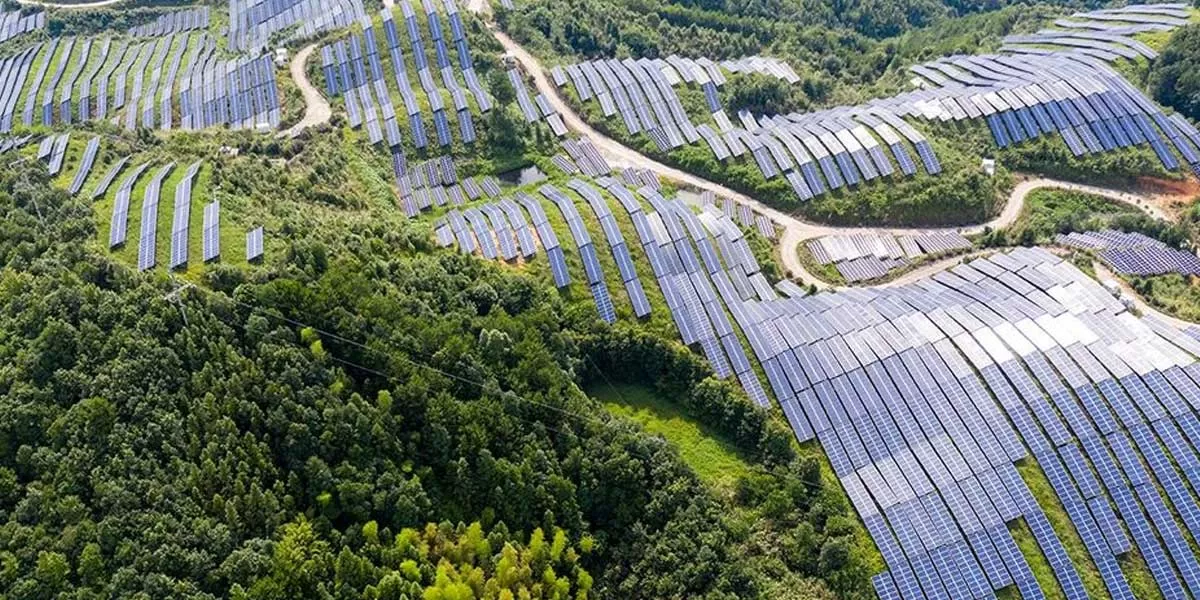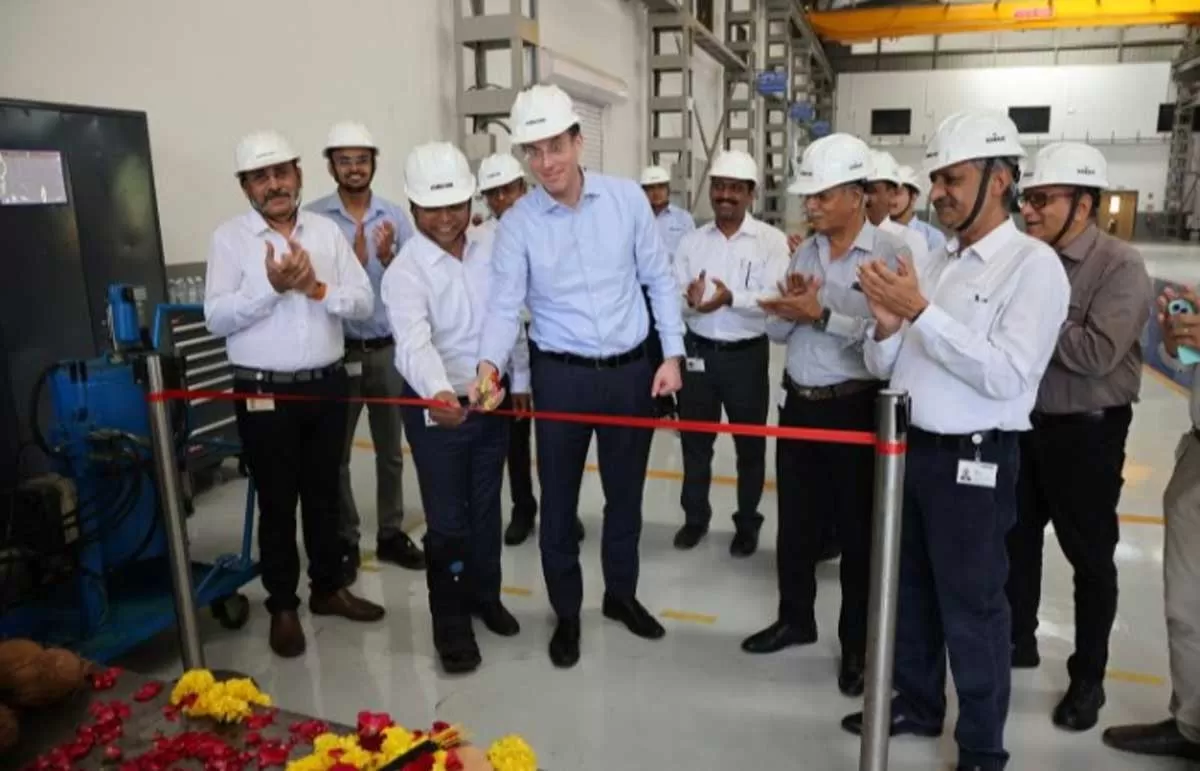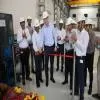
China Sets Stricter Solar Investment Guidelines

Ammann India Inaugurates ABG Screed Assembly Station and ASRS
Ammann India, one of the leading concrete equipment players in India, has inaugurated its new ABG Screed Assembly Station and Automated Storage and Retrieval System (ASRS) at its advanced manufacturing facility. The event was graced by Hans-Christian Schneider, Group CEO of Ammann Group, alongside the leadership team led by Dheeraj Panda, Managing Director of Ammann India. The ABG Screed Assembly Station is set to enhance operational efficiency and ensure high-precision assembly, reinforcing Ammann’s commitment to delivering world-class paving solutions. This new station reflects the compa..

How Rising Property Prices Are Shaping Real Estate Market
The global economy significantly influences real estate markets, with factors such as inflation, interest rates, and investment trends impacting property prices worldwide. Despite affordability concerns, demand remains robust, particularly in the mid-income and luxury segments. According to CREDAI reports, property prices in key metropolitan cities have increased by 10 to 11 per cent year-over-year. To address the strong demand for premium housing, developers are adopting innovative financing models and focusing on sustainable development. Foreign investments, regulatory reforms like RERA, an..

Caterpillar Powers Today and Drives Tomorrow at bauma 2025
Caterpillar Industrial Power Systems will showcase a range of optimised, fuel flexible engines, integrated advanced power technologies and services solutions at bauma Munich from April 7-13. The theme, “A journey to a lower-carbon future,” highlights Caterpillar’s ongoing commitment to sustainably powering a better world. The bauma Munich exhibit in Hall A4, stand 336, includes the award winning Cat® C13D and a new high power C3.6 delivering 106 kW (142 hp). The stand features the first showing of a series hybrid power expansion powertrain, part of a growing electrification ecosystem ..














